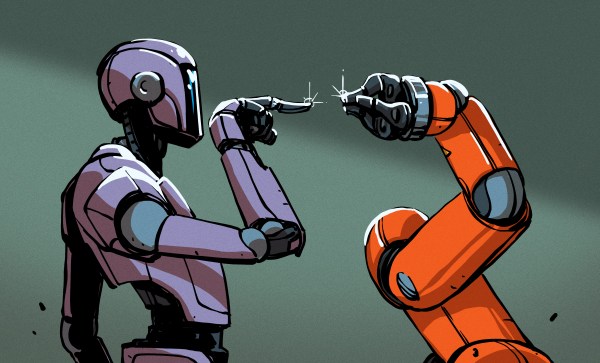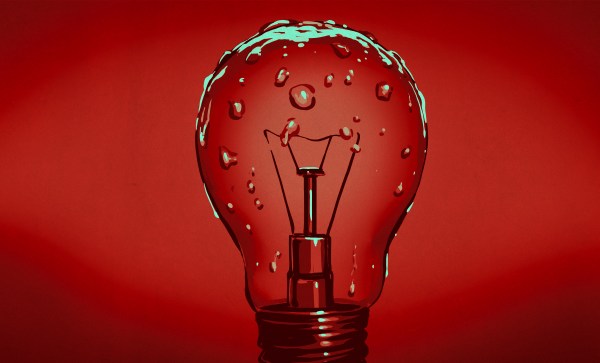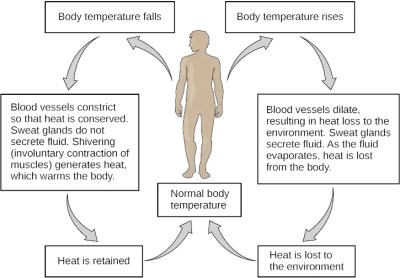Back when I used to work in the pharma industry, I had the opportunity to hire summer interns. This was a long time ago, long enough that the fresh-faced college students who applied for the gig are probably now creeping up to retirement age. The idea, as I understood it, was to get someone to help me with my project, which at the time was standing up a distributed data capture system with a large number of nodes all running custom software that I wrote, reporting back to a central server running more of my code. It was more work than I could manage on my own, so management thought they’d take mercy on me and get me some help.
The experience didn’t turn out quite like I expected. The interns were both great kids, very smart, and I learned a lot from them. But two months is a very tight timeframe, and getting them up to speed took up most of that time. Add in the fact that they were expected to do a presentation on their specific project at the end of the summer, and the whole thing ended up being a lot more work for me than if I had just done the whole project myself.
I thought about my brief experience with interns recently with a project I needed a little help on. It’s nothing that hiring anyone would make sense to do, but still, having someone to outsource specific jobs to would be a blessing, especially now that it’s summer and there’s so much else to do. But this is the future, and the expertise and the combined wisdom of the Internet are but a few keystrokes away, right? Well, maybe, but as you’ll see, even the power of large language models has its limit, and trying to loop ChatGPT in as a low-effort summer intern leaves a lot to be desired.
Continue reading “ChatGPT, The Worst Summer Intern Ever” →


















